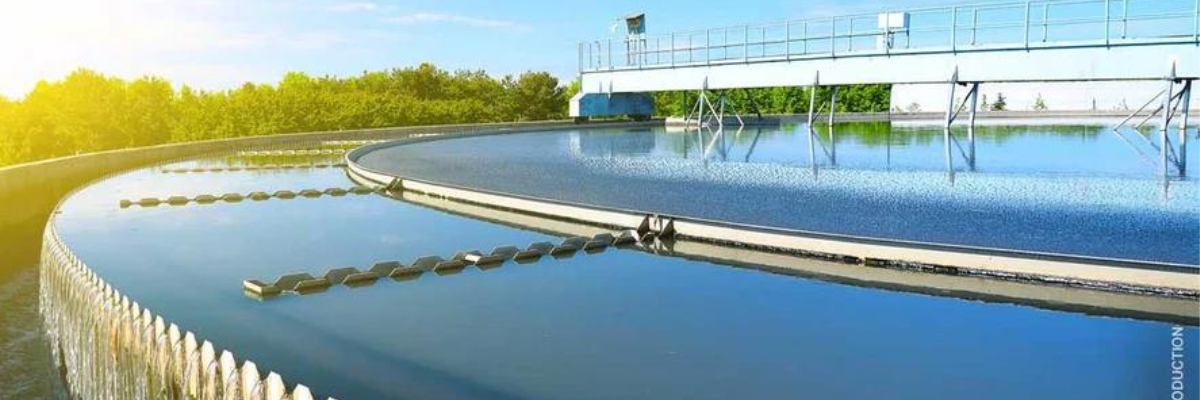Flocculation is a critical process in water treatment that helps in removing suspended particles and contaminants from water. It is typically used after the coagulation stage and plays a crucial role in the purification of drinking water, wastewater treatment, and industrial water processing.
What is Flocculation?
Flocculation is the process of forming flocs, which are clumps of suspended particles, by aggregating them together so they can be easily removed from the water. The process is initiated by adding chemical agents known as flocculants, which encourage the particles to clump together into larger, heavier aggregates, or flocs. These flocs can then settle at the bottom of the treatment tank (sedimentation) or be removed by filtration or flotation methods.
- Flocculants: Chemicals such as aluminum sulfate (alum), ferric chloride, or polymer-based agents are commonly used. These help neutralize the charges on particles, causing them to bind together.
- Mechanical Mixing: Gentle stirring or mechanical mixing helps these particles come together without breaking the formed flocs, which is essential for successful removal.
Steps Involved in the Flocculation Process:
- Coagulation: Before flocculation, coagulation occurs, where a coagulant is added to neutralize the electrical charges of particles in the water.
- Flocculation: Following coagulation, a flocculant is added, and the water is gently stirred. This allows the suspended particles (organic material, silt, clay, etc.) to aggregate into larger flocs.
- Sedimentation or Filtration: The large flocs either settle to the bottom of the tank in a process called sedimentation, or they are filtered out.
Importance of Flocculation in Water Treatment
- Effective Particle Removal
- Many contaminants in water, such as dirt, organic matter, microorganisms, and algae, are too small to be removed by sedimentation or filtration alone. Flocculation helps bind these tiny particles into larger, visible clumps, making their removal easier.
- Improved Water Clarity
- Flocculation significantly improves water clarity by reducing turbidity (cloudiness caused by suspended solids). This step is critical in making water safe for drinking and aesthetic purposes.
- Enhanced Filtration Efficiency
- Flocculation reduces the load on filtration systems. Large flocs can be removed more efficiently through filtration processes, reducing the wear and tear on filters and extending their operational life.
- Pathogen Removal
- The process helps trap microorganisms such as bacteria, viruses, and protozoa in the flocs, aiding in their removal from the water. This improves overall water safety by lowering the risk of waterborne diseases.
- Chemical Cost Optimization
- Flocculation optimizes the use of chemicals in water treatment by enhancing the coagulation process. This reduces the overall amount of coagulants and other chemicals required, making the treatment process more cost-effective.
- Industrial Applications
- In industries such as textiles, pharmaceuticals, and food processing, flocculation is used to remove specific impurities from wastewater, ensuring compliance with environmental discharge standards.
- Sewage and Wastewater Treatment
- In sewage treatment plants, flocculation is used to remove organic solids, fats, oils, and grease, which helps improve water quality before discharge or reuse.
- Prevents Secondary Contamination
- By removing solid particles and impurities early in the treatment process, flocculation prevents the clogging of downstream equipment such as membranes in reverse osmosis or ultra-filtration systems.
Key Advantages of Flocculation
- Efficiency: Flocculation allows for the rapid aggregation and removal of fine particles, speeding up the water treatment process.
- Cost-Effective: It reduces the need for excessive filtration or more complex treatment methods, lowering overall operational costs.
- Versatility: Flocculation can be used in a variety of settings, including municipal water treatment, industrial wastewater treatment, and stormwater management.
- Environmental Compliance: It ensures treated water meets environmental standards for discharge into water bodies, protecting ecosystems from pollutants.
Conclusion
Flocculation is an essential process in water treatment, helping to ensure that suspended solids, organic matter, and microorganisms are efficiently removed from water. It improves water quality by reducing turbidity, enhancing filtration, and ensuring safe drinking water and wastewater discharge. Its widespread application in both municipal and industrial water treatment highlights its importance in maintaining public health and environmental protection.



Recent Comments